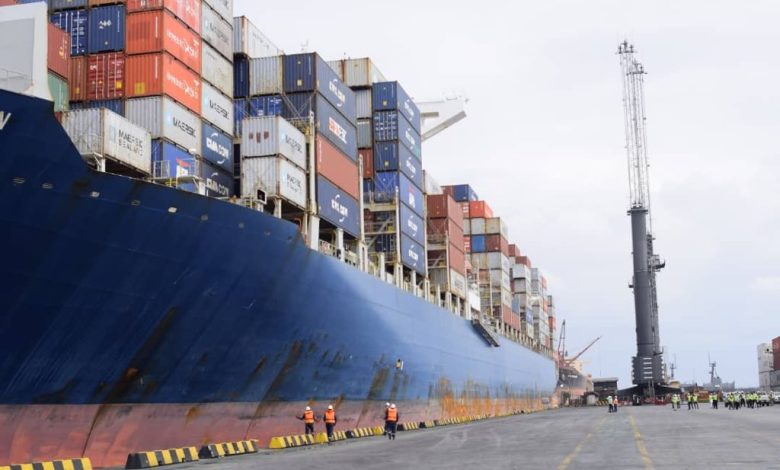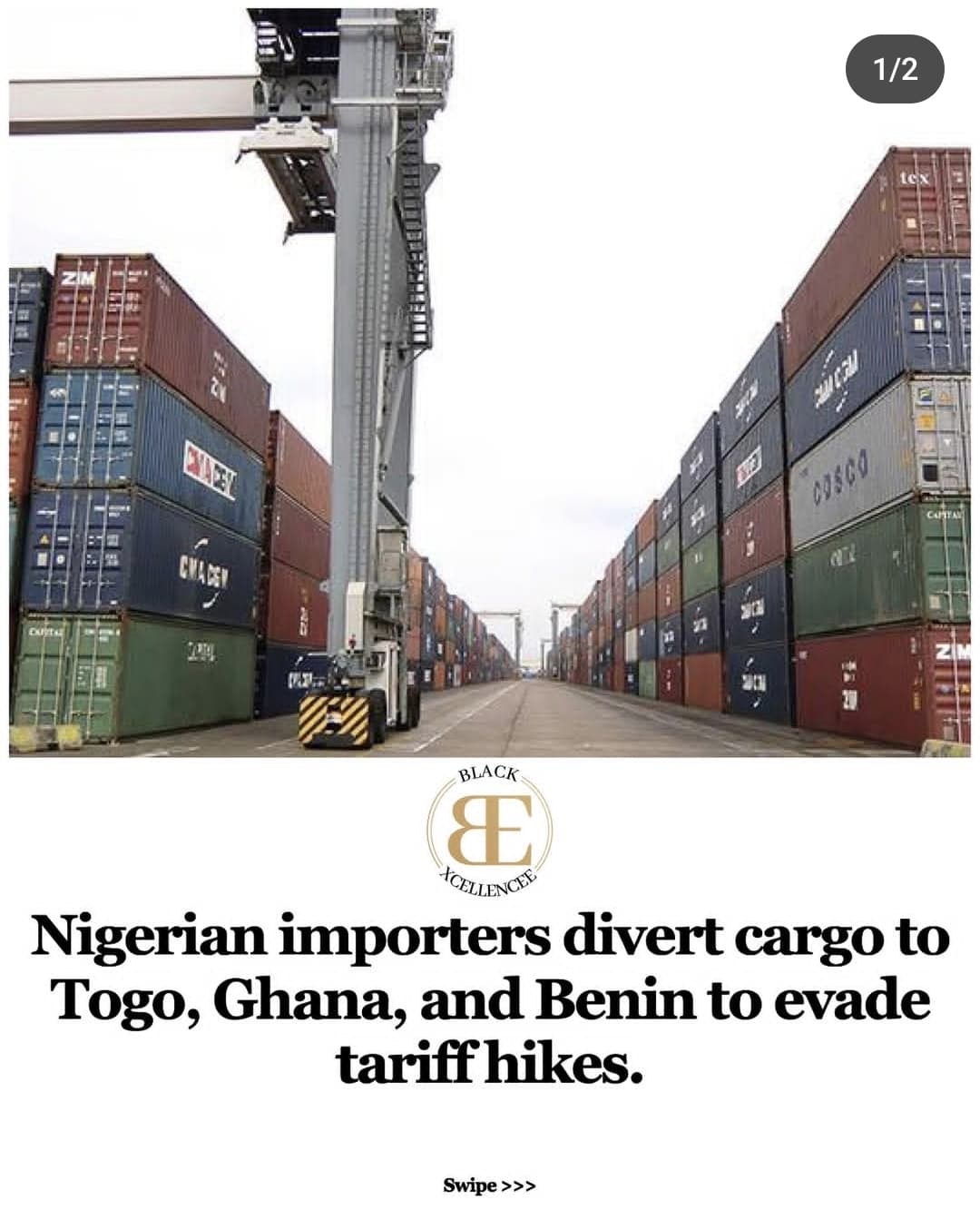
Amid the persistent rise in Customs exchange rates and foreign exchange instability in Nigeria, importers are reportedly redirecting their shipments to neighboring ports in Ghana, Togo, and the Benin Republic.
This shift is driven by the continuous increase in exchange rates for cargo clearance, as set by the Central Bank of Nigeria (CBN).
Clearing agents have reported a significant decline in import activities in Nigeria, estimating a 65% reduction in business operations.
Frontline clearing agent Olubayo Akinlosotu revealed that daily Customs examinations have dropped from 200–250 containers in 2023 to just 60–80.
The Central Bank of Nigeria (CBN) has made multiple adjustments to exchange rates in recent months, with the latest change on February 3, 2024, setting the rate at ₦1,413.62/$1.
Importers argue that these fluctuating rates have led to foreign exchange scarcity and higher Customs duties, forcing them to explore alternative ports in neighboring countries.
Expressing concern over the implications, Akinlosotu told Leadership newspaper:
“If these importers divert their cargo to neighboring ports, we all know that 80% of them will still end up in the Nigerian market—either through smuggling or other means of shipping. Ultimately, it is the government that will bear the loss.”
National President of the National Council of Managing Directors of Licensed Customs Agents (NCMDLCA), Lucky Amiwero, described the situation as “importers Japa”, blaming the floating exchange rate for the crisis. He emphasized the need for stability to allow businesses to forecast import costs and urged the government to address exchange rate fluctuations.
The ongoing shift away from Nigerian seaports raises serious economic concerns, including potential revenue losses for the government and a surge in smuggling activities. Industry stakeholders continue to call for a stable exchange rate to restore confidence in the import sector.

